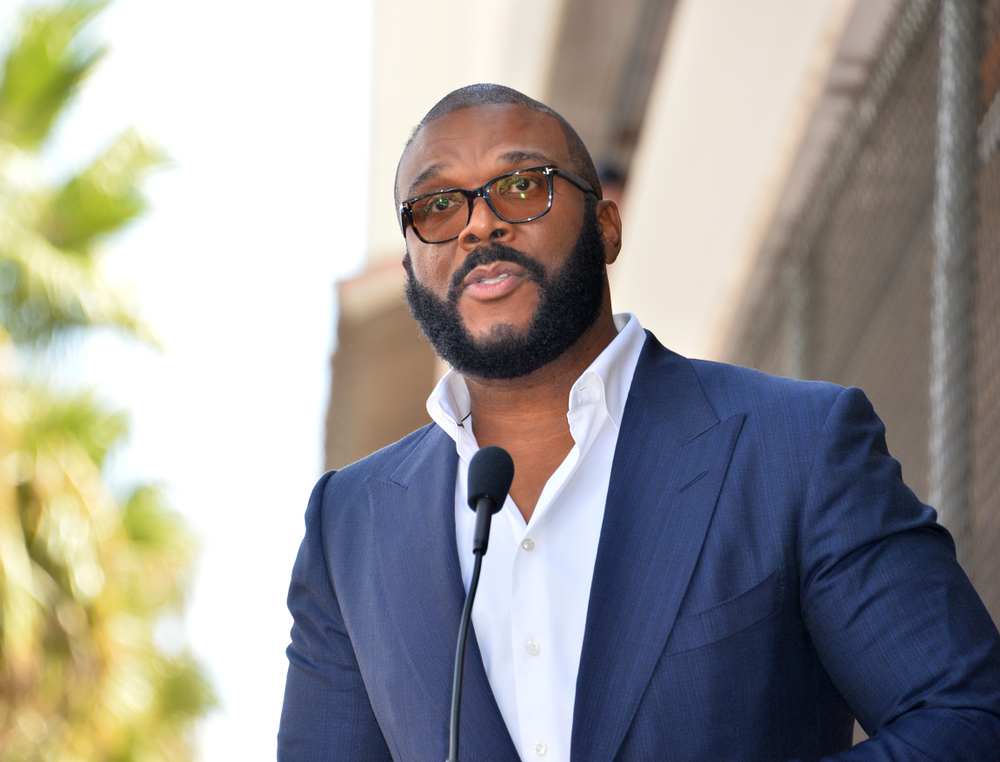On Thursday, Pro Football Hall of Famer Orenthal James “O.J.” Simpson passed away after battling cancer at the age of 76.
It was a moment that triggered something both good and bad for everyone.
“The Juice” was a talented running back out of USC who was the nation’s leading rusher in 1967 and 1968. In his final season, he won the Heisman Trophy in 1968, ironically one of the most important, transformative and turbulent years for Black America.
He was selected by the Buffalo Bills with the first overall pick in the 1969 NFL Draft and rose to become a 5x first-team Pro Bowler, the 1973 AP MVP and Offensive Player of the Year and the team’s all-time leading rusher with 10,183 yards (a record since broken by Thurman Thomas, who amassed 11,938 yards).
After nine seasons in Buffalo, he played his final two seasons with the San Francisco 49ers before retiring in 1979.
Some will choose to end their memories of O.J. there.
After his playing days were over, Simpson moved into entertainment and media, playing roles in TV shows such as “Dragnet” and “Roots.” Many remember his role as Det. Nordberg in “The Naked Gun” comedy film series. Others recall his popular “Hertz” commercials, where O.J. ran through the airport parking lot and terminal while hurdling ropes and being cheered on by a group of young girls all while flashing his signature smile.
Others will remember him for his time as a commentator on Monday Night Football and The NFL on NBC.
Some will choose to end their memories of him there.
For those who were around in the 90s, you will remember the murders of Simpson’s ex-wife Nicole Simpson and her friend, Ron Goldman and the subsequent circus that erupted afterward.
It was the first time in history that a Black man of Simpson’s status was involved in this type of case, a trial that drew racial boundary lines in America.
Many white people hated him, blamed him for the murders and rallied across the country for his punishment.
Many Black people defended him for they viewed him as another Black man being accused of a crime he didn’t commit.
While the debate raged, O.J. snatched the nation’s attention when, after being formally charged in the murders of Simpson and Goldman, he and his friend Al Cowlings decided to jump in the now infamous white Ford Bronco and drive across LA. Some cheered him on and others begged for police to take action.
For Knicks fans like myself, Simpson’s June 17th, 1994 run overshadowed arguably the most exciting and heartbreaking time in team history as it took place while New York was playing Game 5 of the 1994 NBA Finals.
Earlier that day, the city celebrated the Rangers Stanley Cup victory in the Canyon of Heroes, so fans were ready for the Knicks to take a 3-2 game lead later that night.
But then along came O.J.








